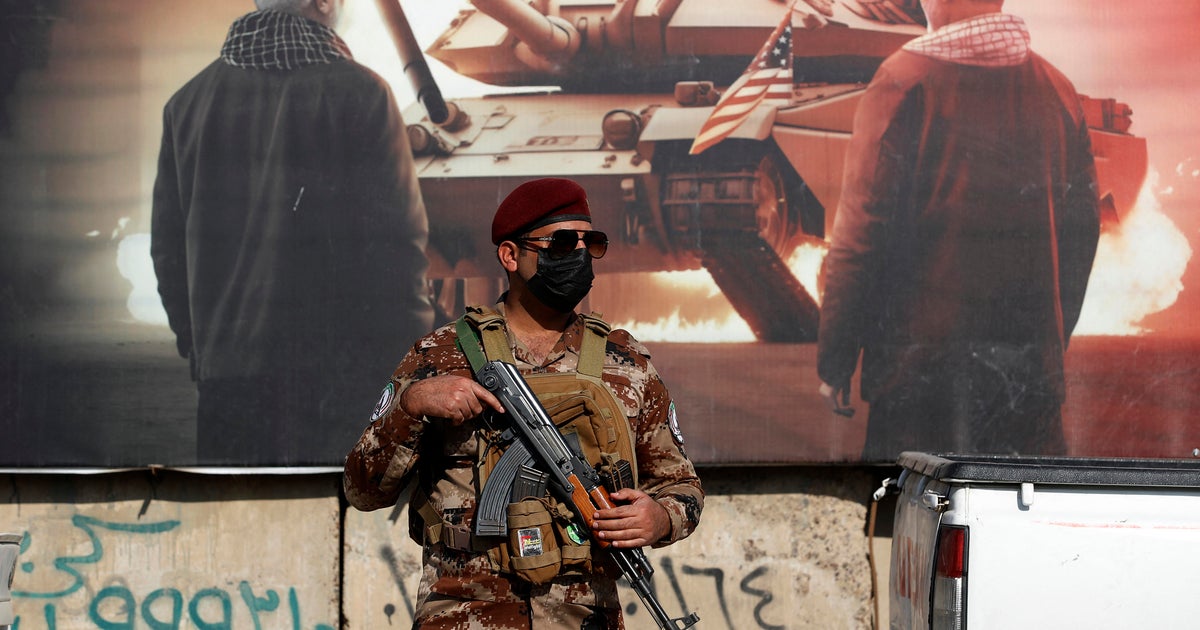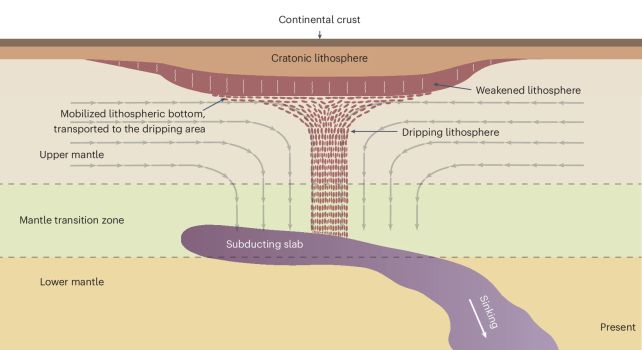After a drone struck a small U.S. base named Tower 22 in Jordan, near the Syrian border, and killed three U.S. soldiers, President Biden promised to take action. The attack was claimed by an Iran-backed group called Islamic Resistance in Iraq. Why did this group attack a U.S. base, and what is its connection to Iran?
Iran’s proxy groups in the Middle East: There are around 40 militant groups supported by Iran in the region, according to Baraa Shiban, an associate fellow at the Royal United Services Institute. These groups include the Houthis in Yemen and Hezbollah in Lebanon. The Houthis have been disrupting global trade by targeting ships in the Red Sea, while Hezbollah has been engaging in fire exchanges with Israeli troops over the Israel-Lebanon border.The group responsible for targeting Tower 22, the Islamic Resistance in Iraq, operates near the Syria-Jordan border. Some of the groups in this region focus on smuggling activities rather than conducting attacks against domestic or international forces. The ultimate goal of these Iran-backed militant groups is to ensure the survival of the Syrian regime of Bashar al-Assad, and they stay prepared to be called upon in case of another uprising that poses a threat to the regime, according to Shiban. They also closely monitor U.S. activities across the region, as the U.S. supported some opposition groups in the Syrian civil war that started in 2011.
Islamic Resistance in Iraq openly declares allegiance to Iran’s Supreme Leader, Ayatollah Ali Khamanei, and its subgroups talk about their military involvement outside of Iraq, particularly in Syria.
How does Iran support these groups? Iran has different relationships with each group and supports them in various ways. Some groups are heavily funded and operated by Iran’s powerful Islamic Revolutionary Guard Corps (IRGC), while others have their own operational structures but rely on Iran for support including funding, small arms, and long-range weapons capabilities. The IRGC can influence the overall strategy of the groups and provides them with weapons like drones used in attacks against the U.S. base.
Reason for the attack on Tower 22: According to Shiban, the attack represents an escalation as the militant groups and Iran view the conflict in the region as being connected to the ongoing war between Israel and Hamas. Iran has denied any involvement in the attack, but Shiban believes that Iran could allow lower-level militants to escalate against the U.S. or Israel.
Response to the attack: President Biden has promised retaliation over the attack and stated that the U.S. is prepared to take necessary measures to defend its forces in the region while emphasizing the priority of avoiding a broader conflict. An Iraqi official informed CBS News that some militias within the Islamic Resistance in Iraq had evacuated their bases in Iraq and Syria due to fear of U.S. retaliatory strikes after the attack on Tower 22.












